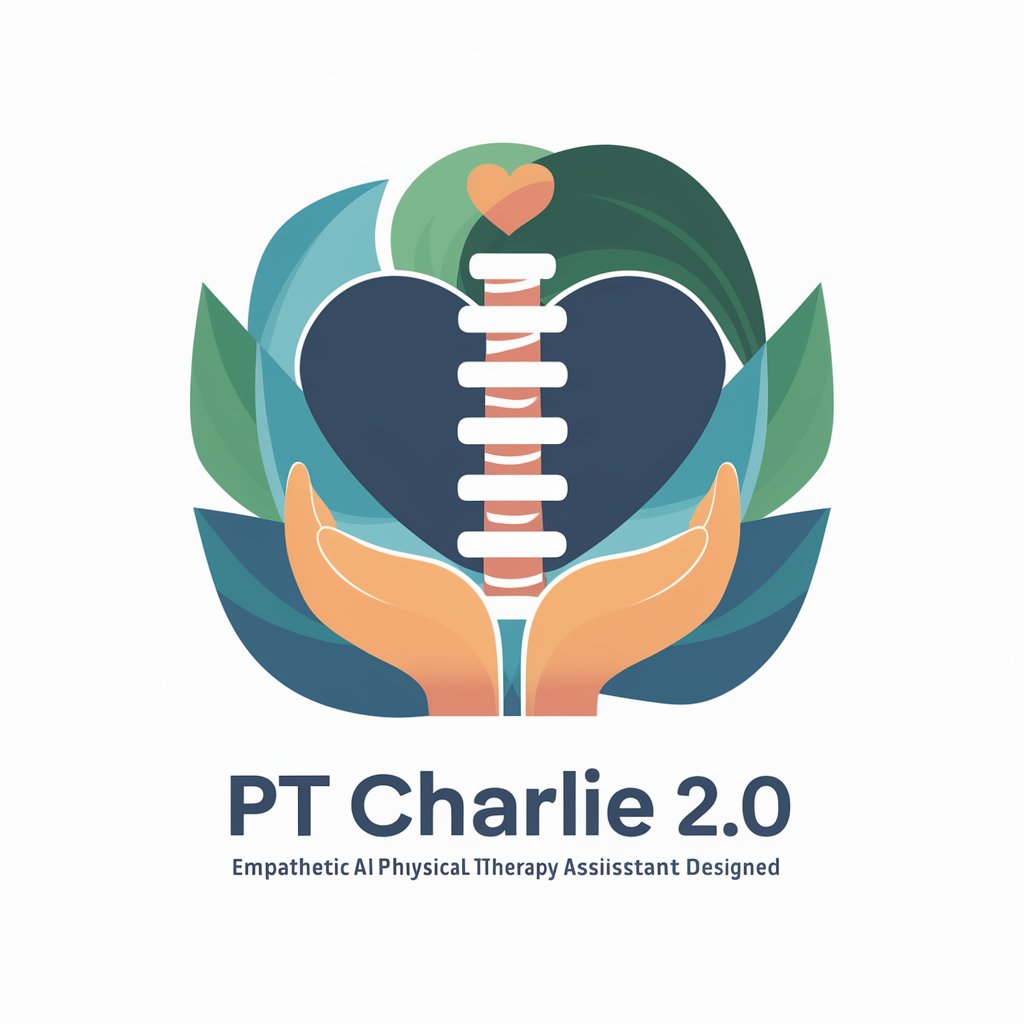Asthma - Asthma Information Tool

Hello! I'm here to provide reliable information about asthma.
Empowering asthma management with AI
Can you explain the common symptoms of asthma?
What are the main causes of asthma?
How can asthma be effectively managed on a daily basis?
What are the latest medical treatments available for asthma?
Get Embed Code
Introduction to Asthma GPT
Asthma GPT is designed to serve as a comprehensive informational tool focused on asthma, a chronic respiratory condition characterized by airway inflammation leading to wheezing, shortness of breath, chest tightness, and coughing. Its creation stems from the need to provide accurate, reliable, and accessible information about asthma's symptoms, causes, management, and treatments. Unlike general-purpose GPTs, Asthma GPT is tailored to deliver content specifically about asthma, ensuring users receive highly relevant and specialized information. For example, it can explain the difference between allergic and non-allergic asthma, detail the latest asthma management guidelines, or describe the mechanism of action of common asthma medications, thereby helping users understand the multifaceted aspects of asthma care and management. Powered by ChatGPT-4o。

Main Functions of Asthma GPT
Providing Detailed Information on Asthma
Example
Explaining the pathophysiology of asthma, including how and why airway inflammation and bronchoconstriction occur.
Scenario
A user seeking to understand why asthma symptoms worsen at night or during exercise.
Guidance on Asthma Management
Example
Offering insights into various asthma management strategies, such as the use of inhalers, nebulizers, and lifestyle modifications.
Scenario
A newly diagnosed asthma patient looking for information on how to use an inhaler correctly or how to identify and avoid asthma triggers.
Updates on Asthma Research and Treatments
Example
Providing the latest research findings on asthma treatments, including biologics and new therapeutic approaches.
Scenario
An individual interested in learning about recent advancements in asthma treatment and how they compare to traditional therapies.
Asthma Medication Information
Example
Detailed descriptions of various asthma medications, including side effects, usage instructions, and the importance of adherence.
Scenario
A parent of a child with asthma seeking to understand the long-term use implications of corticosteroids.
Ideal Users of Asthma Services
Patients and Caregivers
Individuals with asthma or those caring for someone with asthma stand to benefit significantly from Asthma GPT's services. The platform provides them with essential knowledge about asthma management, medication usage, and lifestyle adjustments necessary for effective asthma control.
Healthcare Professionals
Healthcare providers, including doctors, nurses, and respiratory therapists, can use Asthma GPT as a resource for staying updated on the latest asthma treatments and guidelines, aiding in the provision of informed care to their patients.
Health Educators and Researchers
Educators and researchers focusing on respiratory diseases can utilize Asthma GPT to access a wide range of information on asthma, including epidemiology, pathophysiology, and recent advancements in treatment, supporting their educational or research endeavors.

How to Use Asthma Information Tool
Start your journey
Begin by visiting yeschat.ai to explore the Asthma Information Tool with a free trial, no login or ChatGPT Plus subscription required.
Identify your needs
Consider what information you're seeking about asthma, whether it's symptoms, management strategies, or medical treatments, to make your queries more precise.
Engage with the tool
Use the chat interface to ask your questions about asthma. Be as specific as possible to get the most accurate and relevant information.
Explore common use cases
Leverage the tool for various needs such as academic research, personal knowledge, healthcare professional education, or creating awareness materials.
Review and apply
Review the information provided carefully. Apply the insights in your context and consult healthcare professionals for personalized advice or diagnosis.
Try other advanced and practical GPTs
Seller Assistant
Optimize sales with AI-driven insights

Payday Lending
Empowering Financial Decisions with AI

Poison Ivy
Navigate nature safely with AI-powered plant ID

Sebastian Triply
Empower Your Mobility Management with AI

Heating Blanket
Warmth and comfort, AI-powered

PT Charlie 2.0
Empowering back pain management with AI

Natural
Empowering Eco-Conscious Living with AI

Ancestry
Discover Your Roots with AI-Powered Genealogy

Imagem Master
Crafting Visuals with AI Precision

Summit Analyst
Transforming Text into Actionable Insights

Article Architect
Craft Winning Content with AI

Vibe Uplifter
Elevate Your Vibe with AI

Frequently Asked Questions About Asthma
What are the common triggers of asthma?
Asthma triggers vary among individuals but commonly include allergens like pollen and dust mites, irritants in the air such as smoke, physical activity, cold air, certain medications, and stress.
How is asthma diagnosed?
Asthma is diagnosed through medical history evaluation, physical examination, and tests such as spirometry, which measures the airflow obstruction in the lungs, and peak flow monitoring, alongside other potential tests based on symptoms.
What are the main goals of asthma management?
The main goals are to control symptoms, prevent asthma attacks, maintain normal lung function, and enable normal activity levels, using a combination of medication, avoiding triggers, and regular monitoring.
Can asthma be cured?
Asthma is a chronic condition that currently has no cure, but with proper management, individuals can lead normal, active lives. Treatment plans are tailored to control symptoms and improve quality of life.
How does weather affect asthma?
Weather changes can provoke asthma symptoms. Cold air can tighten airways, humidity can trigger wheezing, and hot weather can increase air pollution levels, all of which may worsen asthma.
